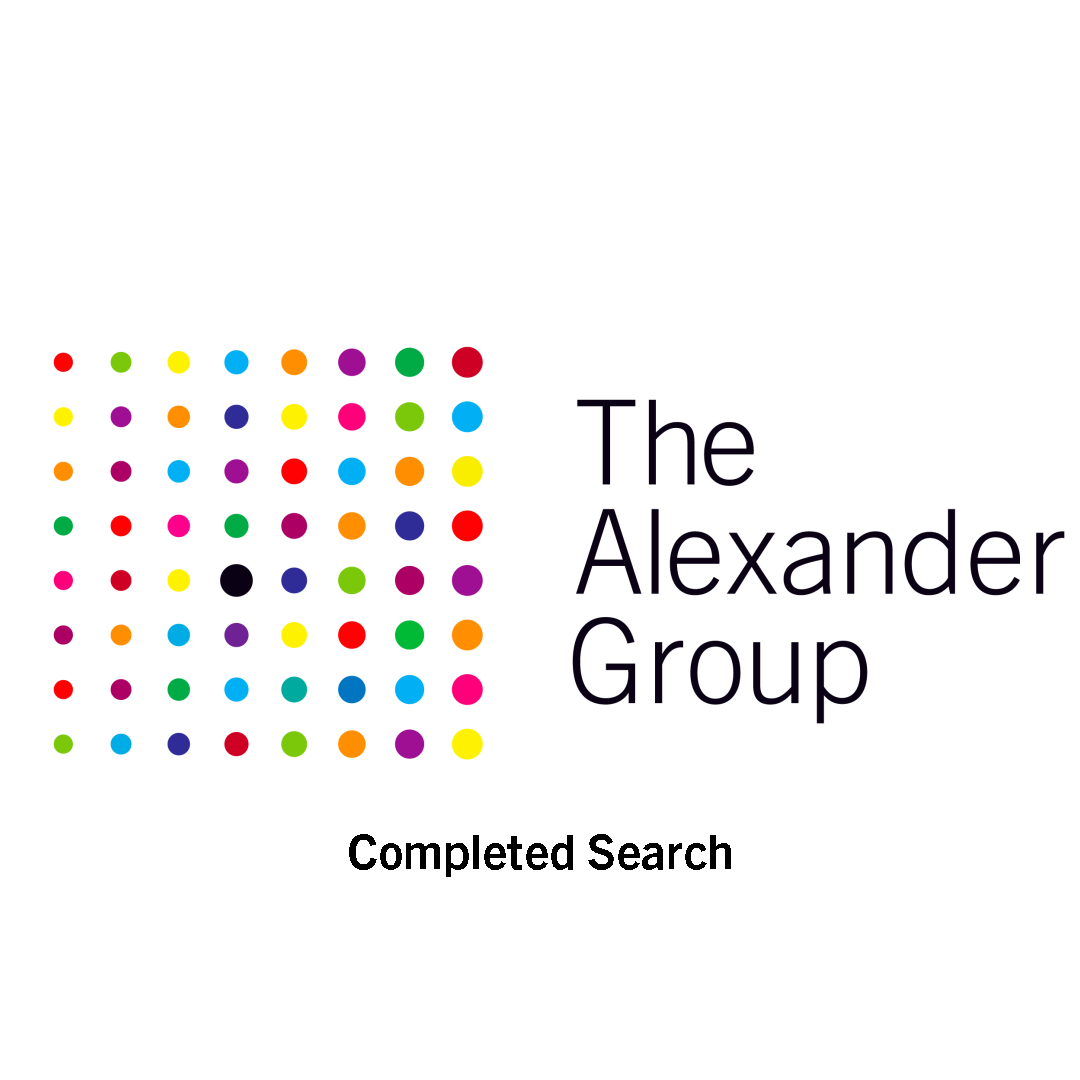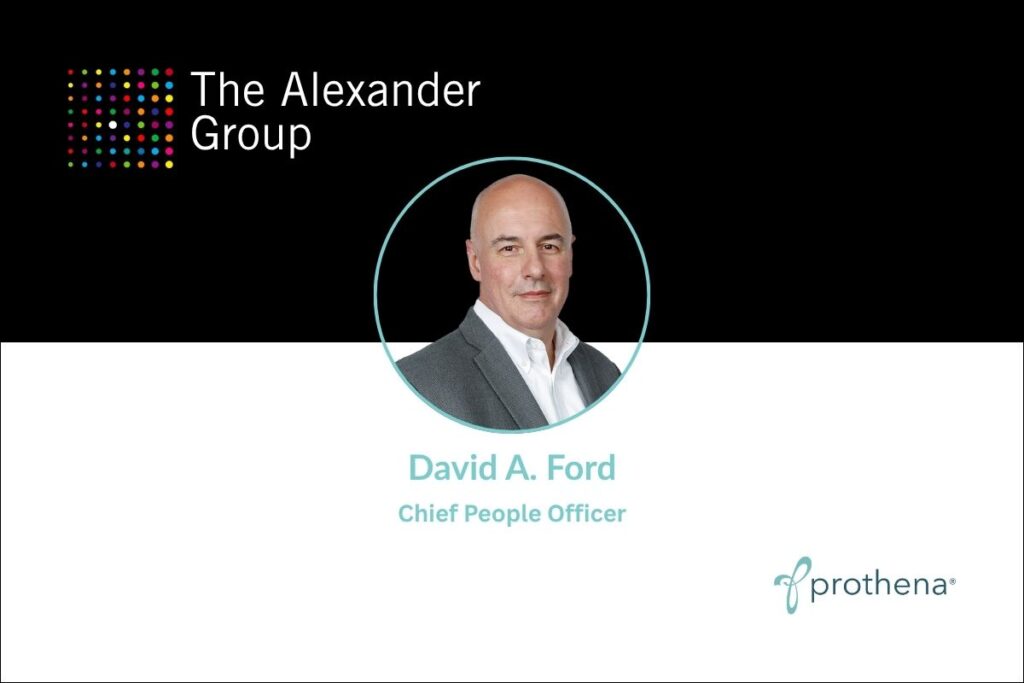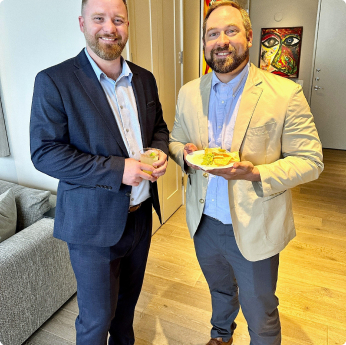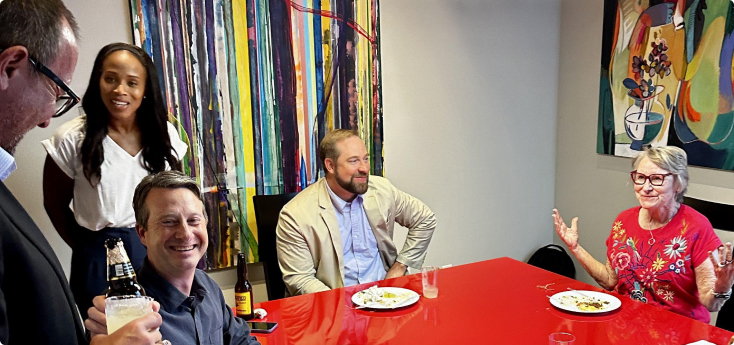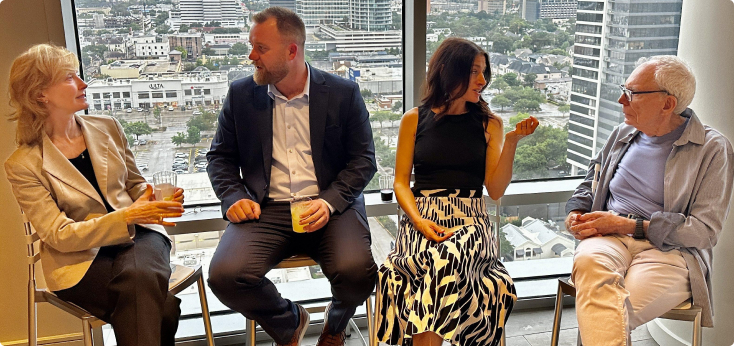Robinson+Cole appoints Liz Sobe to lead strategic business development and client growth initiatives.

Client: Robinson+Cole | Role: Director of Business Development | Candidate: Liz Sobe
Recruiter: Amanda K. Brady, Managing Director and Chief Client Officer
Overview
Robinson+Cole, a national Am Law 200 firm known for its deep industry insight and collaborative culture, partnered with The Alexander Group, a global executive search firm, to recruit a Director of Business Development. As the firm aimed to expand its client relationships and sector focus, it sought a leader to elevate firmwide business development strategies and embed growth-focused initiatives across practices.
Key Leadership Need
Robinson+Cole needed a Director of Business Development to lead client development, improve data-driven decision-making, and partner with attorneys to expand client relationships. The role required a leader who could blend strategic thinking with execution, backed by deep knowledge of legal services marketing and a strong understanding of firm operations.
The Alexander Group’s Approach
Amanda K. Brady led a targeted national search focused on experienced business development executives in legal and professional services environments. The team prioritized candidates with a strong firm growth planning, attorney coaching, and cross-functional collaboration history.
Search priorities included:
- Experience building and executing firmwide business development strategies.
- Strength in attorney relationship management and strategic coaching.
- Ability to drive client acquisition and retention using data, positioning, and client insight.
Liz Sobe stands out for her extensive leadership across firms like Fish & Richardson, Goulston & Storrs, and Cornerstone Research. With nearly 30 years of experience in marketing and business development, she brings a proven record of helping firms grow market share through relationship-driven strategy and execution.
Successful Placement and Impact
Liz Sobe joins Robinson + Cole as Director of Business Development. She will lead business development strategy, attorney coaching, and client growth programs across the firm, aligning BD efforts with the firm’s long-term market positioning goals.
Immediate Impact:
- Drive strategic BD initiatives across practice groups and markets
- Collaborate with firm leadership to expand client acquisition and retention efforts
- Build cross-functional alignment around growth, visibility, and brand engagement
- Elevate attorney coaching, targeting, and pipeline development
Insights from the Recruiter
“Liz brings a unique blend of market-growth perspective and leadership experience across a variety of professional services sectors. Her creativity, pragmatism, and data-driven mindset will no doubt mesh well with Robinson + Cole’s leadership team as they continue to advance the firm’s strategic growth initiatives.”
– Amanda Brady, Managing Director and Chief Client Officer, The Alexander Group.
About Robinson+Cole
Robinson+Cole LLP is a U.S. law firm with offices across the Northeast, Mid-Atlantic, and Florida. The firm serves clients across industries, including construction, insurance, environmental law, finance, and healthcare. Robinson + Cole is widely respected for its client-first approach, collaborative culture, and legal innovation.
About The Alexander Group
The Alexander Group is a global executive search firm headquartered in Houston. With a strong reputation for placing senior leadership across legal services, professional services, and corporate sectors, the firm helps clients drive transformation through strategic hires that deliver results.Your next phase of growth starts with leadership aligned to your strategy. The Alexander Group finds the people who make it happen.


